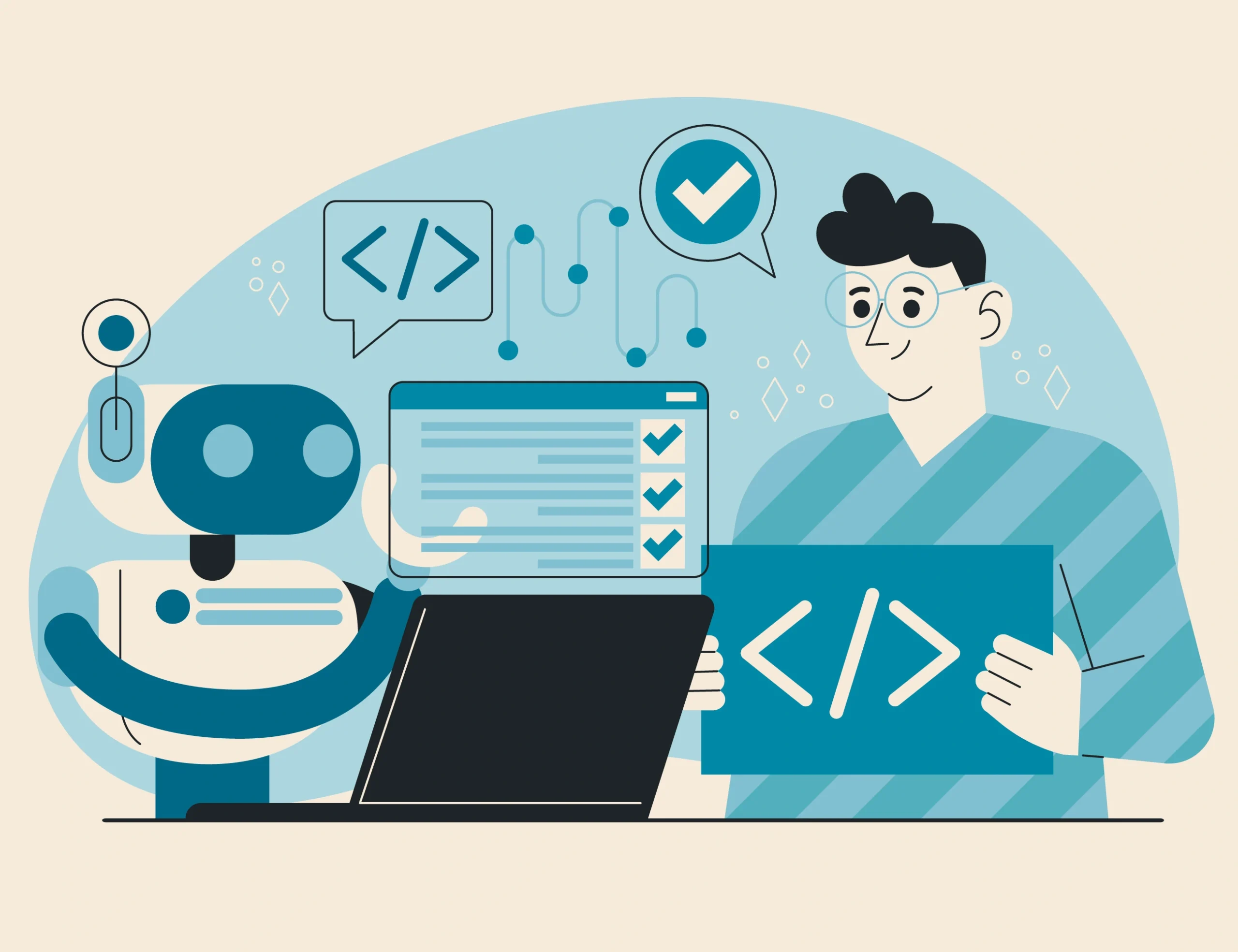Introduction to the QA Engineer Role
In today’s fast-paced digital world, software quality is no longer optional—it’s a necessity. A QA engineer (Quality Assurance engineer) plays a critical role in ensuring that applications, websites, and digital systems run smoothly and meet user expectations. Without QA testing, even the most well-designed software could fail due to bugs, security flaws, or usability issues.
The role of a QA engineer has evolved significantly. In the past, testing was often left until the very end of development. Today, QA is integrated throughout the entire lifecycle, from early requirement analysis to deployment. This shift reflects the growing demand for continuous delivery, agile development, and DevOps practices. As a result, QA engineers are no longer just “bug hunters”—they are active participants in design discussions, automation strategy, and product quality ownership.

Why a QA Engineer Matters in Software Development
The importance of a QA engineer is often underestimated. Many organizations think that if the code “works,” testing is less critical. However, history is filled with costly software failures that could have been prevented with proper QA.
Real-World Examples of QA Importance
- Healthcare systems: A single bug in medical software can cause life-threatening errors.
- Financial apps: A misplaced decimal or logic flaw can cost millions.
- E-commerce platforms: Bugs in checkout systems lead to lost sales and customer frustration.
These examples show that QA is not just about improving performance—it’s about protecting brand reputation and customer trust.
Key Reasons QA Engineers Are Essential
- Bug Detection: Identifies errors before they reach customers.
- Cost Efficiency: Fixing issues early is much cheaper than fixing them post-release.
- User Experience: Ensures smooth, reliable, and intuitive applications.
- Security: Helps detect vulnerabilities and compliance issues.
- Performance: Tests software under load and stress to prevent crashes.
Pros and Cons of Having a Dedicated QA Engineer
Pros:
- Higher customer satisfaction
- Reduced risk of software failures
- Faster product launches with fewer delays
- Better collaboration across teams
Cons:
- Additional hiring/training costs
- Testing may extend timelines if not planned properly

A Day in the Life of a QA Engineer
To better understand the role, let’s look at the typical workflow of a QA engineer:
- Requirement Analysis – Reviewing documentation to understand what the product should do.
- Test Planning – Designing strategies, test cases, and defining acceptance criteria.
- Environment Setup – Preparing test environments, data, and configurations.
- Test Execution – Running manual and automated tests.
- Bug Reporting – Documenting issues clearly for developers to fix.
- Regression Testing – Re-checking after fixes to ensure nothing else broke.
- Collaboration – Daily discussions with developers, product managers, and stakeholders.
This structured workflow ensures that the product is reliable at every stage of development.
Top QA Engineer Tools in 2025
QA engineers rely on powerful tools to streamline testing processes. Some are designed for manual QA, while others specialize in automation.
Popular Manual Testing Tools
- TestRail: Organizes and manages test cases efficiently.
- Jira: Widely used for issue tracking and project management.
- Zephyr: Integrates directly with Jira for test case management.
Popular Automated Testing Tools
- Selenium: Open-source tool for automating web browser testing.
- TestComplete: A commercial tool supporting multiple scripting languages.
- Cypress: Popular for modern web applications, easy to integrate with CI/CD pipelines.
- Appium: Designed for mobile application testing across Android and iOS.
Performance and Security Tools
- JMeter: Useful for load and performance testing.
- OWASP ZAP: Identifies security vulnerabilities in applications.
Tool Comparison: Pros and Cons
- Selenium: Free, flexible, but requires coding knowledge.
- Cypress: Easy setup, modern features, but mainly focused on JavaScript apps.
- TestComplete: Powerful with minimal coding, but costly.
- Appium: Great for cross-platform mobile apps, but can be slower.

How to Choose the Best QA Tools and Strategies
Not every project requires the same testing approach. A QA engineer must evaluate the project’s needs before choosing the right tools.
Factors to Consider
- Project Type: Web, mobile, desktop, or embedded system?
- Team Size: Larger teams may require enterprise-level tools with better collaboration features.
- Budget: Open-source vs paid solutions.
- Automation Needs: Consider if repetitive tasks should be automated.
- Integration: The tool should fit seamlessly with CI/CD pipelines and developer workflows.
Manual QA vs. Automation QA
- Manual QA: Best for exploratory testing, usability checks, and small projects.
- Automation QA: Ideal for regression testing, repetitive tasks, and large-scale projects.
Pro Tip: Most modern teams use a hybrid approach—manual testing for exploratory tasks and automated testing for repetitive checks.
Career Path and Salary Outlook for QA Engineers
QA engineers enjoy strong demand across industries like tech, finance, healthcare, and e-commerce.
- Entry-level QA Engineer: Focuses on manual testing, average salary $45k–$65k/year.
- Mid-level QA Automation Engineer: Works on test automation, $70k–$95k/year.
- Senior QA Engineer / Lead: Oversees teams, testing strategies, $100k+ in many regions.
- Specialized Roles: Security testing engineers and performance testers often earn premium salaries.
With the rise of AI in testing, QA engineers who combine automation with AI-powered tools are particularly valuable.
Tips for Becoming a Successful QA Engineer

Whether you are starting your career or aiming to improve your skills, here are practical tips for success:
1. Build Strong Technical Skills
- Learn programming basics (Python, Java, or JavaScript).
- Understand SQL for database testing.
- Gain knowledge of CI/CD pipelines and DevOps practices.
2. Master Both Manual and Automation Testing
Being versatile allows you to handle a variety of testing scenarios.
3. Stay Updated on Tools and Trends
The QA landscape evolves quickly. Regularly explore new tools like Playwright or AI-powered testing platforms.
4. Improve Communication Skills
QA engineers often need to explain bugs to developers and stakeholders in simple terms. Clear communication reduces misunderstandings and speeds up fixes.
5. Think Like a User
A QA engineer’s mindset should be both analytical and empathetic. Put yourself in the end-user’s shoes to ensure real-world usability.
6. Contribute to Continuous Improvement
Don’t just test for bugs—suggest process improvements that make development faster and more reliable.
Frequently Asked Questions (FAQ) About QA Engineers
What does a QA Engineer do?
A QA engineer ensures that software applications function as intended by testing for bugs, performance issues, and usability problems.
Is a QA Engineer the same as a Software Tester?
Not exactly. A software tester often focuses solely on executing test cases, while a QA engineer is responsible for the entire quality assurance process, including planning, automation, and strategy.
Do QA Engineers need coding skills?
Yes, especially for automation testing. Basic programming knowledge in languages like Python, Java, or JavaScript is often required.
What’s the difference between a Manual QA Engineer and an Automation QA Engineer?
A manual QA engineer tests applications manually, while an automation QA engineer writes scripts and uses tools to automate repetitive tests.
Conclusion
The role of a QA engineer is more critical than ever. In a digital-first world, software reliability directly impacts business reputation and customer satisfaction. By combining technical expertise with problem-solving skills, QA engineers ensure that products are not only functional but also secure and user-friendly.
Whether through manual testing or advanced automation frameworks, QA engineers bridge the gap between developers and users. Choosing the right tools, adopting best practices, and continuously improving skills are key to thriving in this evolving career.
For anyone considering a career in software testing or companies aiming to improve product quality, investing in QA engineering is not just smart—it’s essential.
